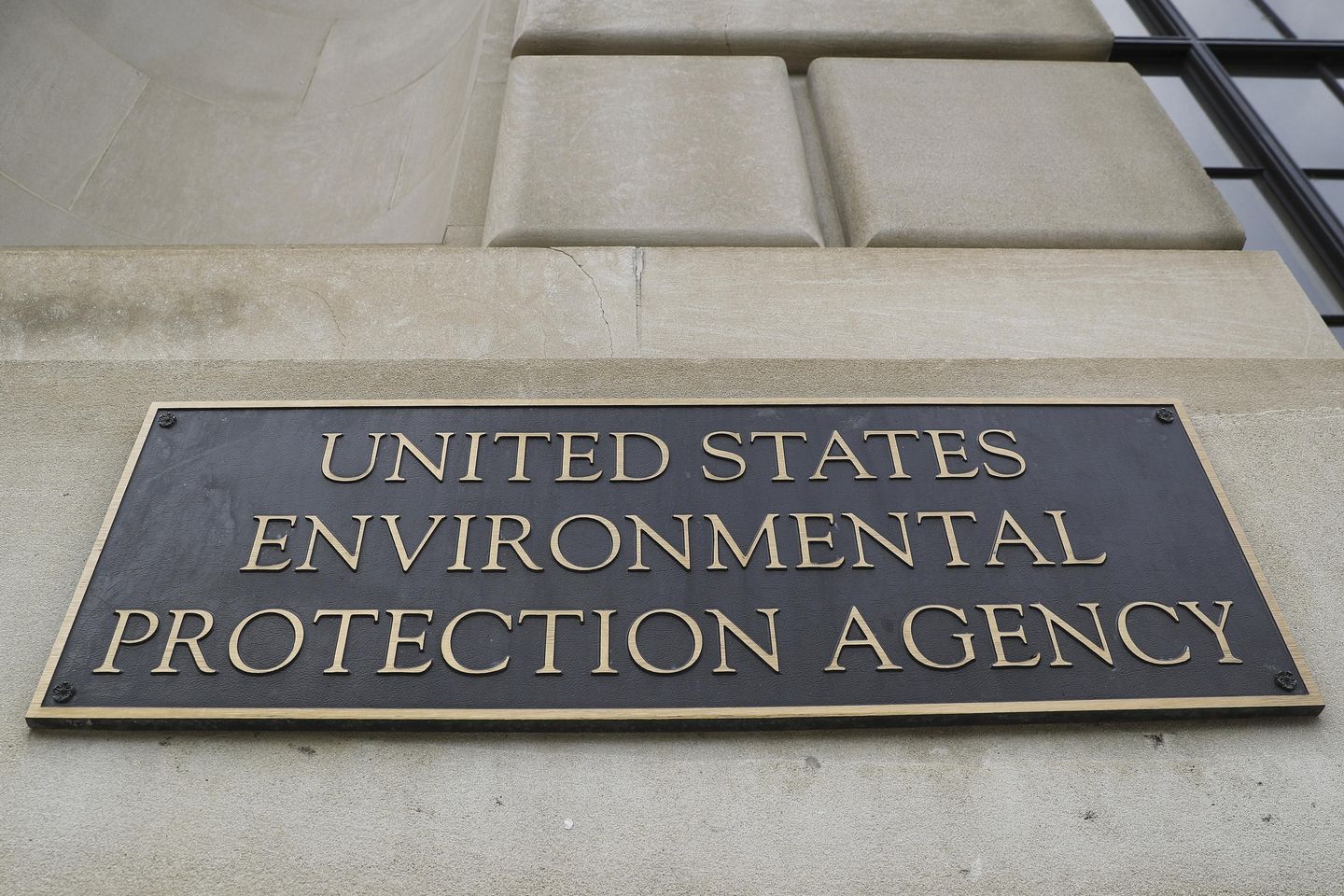On Tuesday, a federal judge issued a ruling preventing the Trump administration from withdrawing $14 billion in grants that had been awarded to three climate groups by the Biden administration. The judge’s decision was largely based on the notion that the government’s allegations of fraud were lacking in substance and too ambiguous to be taken seriously.
The Trump administration had previously attempted to terminate these grants, alleging fraudulent activity. However, the federal judge declared that these allegations were not substantiated with sufficient evidence to warrant the termination of such significant funding. The climate groups in question had been awarded these grants during the Biden administration’s tenure, reflecting its commitment to addressing climate change and promoting environmental sustainability.
The $14 billion in grants had been earmarked for initiatives aimed at combating climate change, one of the key policy areas of the Biden administration. This funding was intended to support research into alternative energy sources, the development of green technologies, and initiatives to reduce greenhouse gas emissions.
Under the Trump administration, these grants came under scrutiny, with officials alleging that the funding had been awarded based on fraudulent claims. The administration attempted to revoke the funding, arguing that the grants had been improperly awarded.
However, the federal judge disagreed with the Trump administration’s stance. In his ruling, he stated that the government’s assertions of fraud were “vague and unsubstantiated”, indicating that there was not enough solid evidence to support the allegations. He concluded that these assertions were insufficient grounds for terminating the grants.
The judge’s ruling is a significant victory for the climate groups that had been awarded the grants, as well as for the Biden administration. It underscores the importance of providing substantial evidence when making serious allegations, such as fraud, and emphasizes the judiciary’s role in ensuring that government actions are based on solid evidence and follow due process.
This ruling also highlights the ongoing political tension between the Trump and Biden administrations, particularly in the area of climate policy. The Biden administration has made climate change a central focus of its policy agenda, while the Trump administration was often criticized for its lack of action on this issue. This case illustrates the stark policy differences between the two administrations and the potential for conflict when there is a change in government.
The decision to block the termination of the grants reflects the judiciary’s role in checking the power of the executive branch. It sends a clear message that allegations of fraud need to be substantiated with solid evidence before action can be taken.
Moreover, this ruling has implications for future government funding decisions. It suggests that the government needs to provide concrete evidence to support allegations of fraud or misconduct before it can terminate funding. This could provide a greater degree of protection for groups receiving government funding, ensuring that they are not at risk of losing their funding based on unsubstantiated claims.
In conclusion, the federal judge’s decision to prevent the Trump administration from terminating $14 billion in grants to climate groups is a significant development. It underscores the importance of evidence-based decision making in government and sends a clear message about the need for accountability in allegations of fraud. This case also highlights the ongoing tension between the Trump and Biden administrations, particularly in the area of climate policy, and signals a potential shift in the government’s approach to funding decisions.









